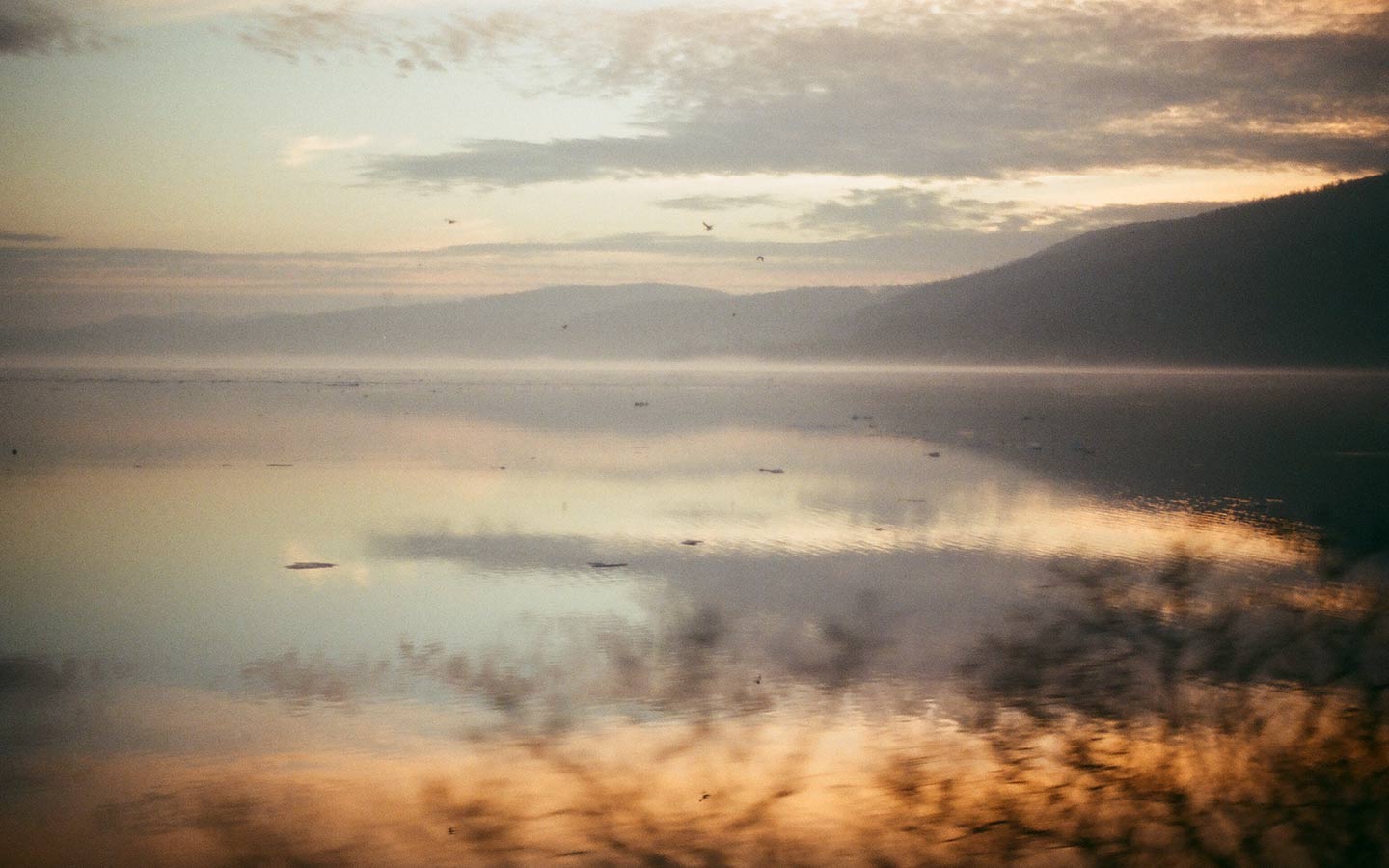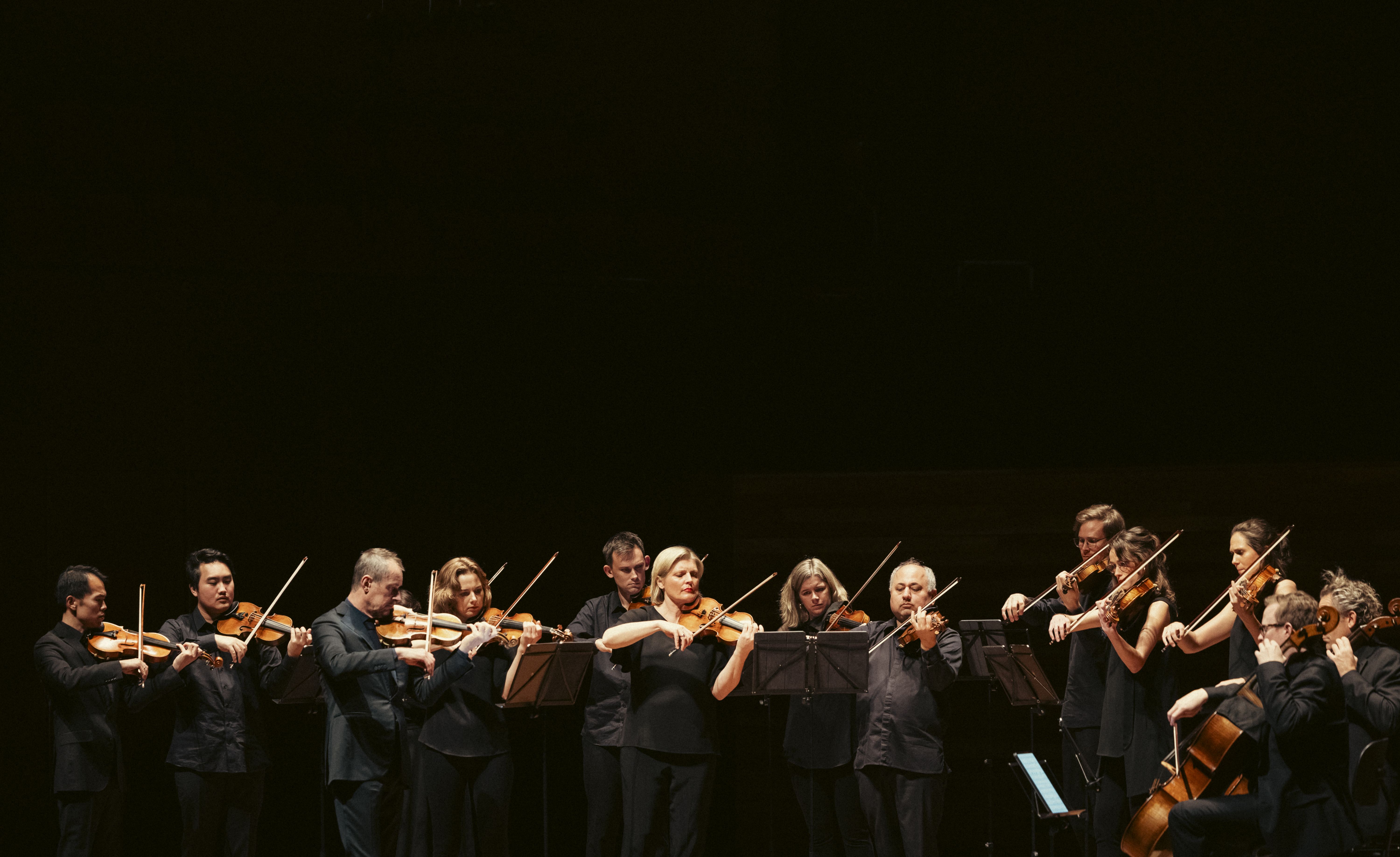
Is this Heaven?
Bach is God to musicians.- Richard Tognetti
Every artist has an origin myth, a story that signals their power or contextualises their talent. For Arvo Pärt, the Orthodox Christian Estonian composer, it is his escape from the Soviet Union in 1980 with suitcases full of his tapes, where at the Brest train station he and his wife were stopped by border police, who released them upon hearing the music. No border, no nation, could stop him.
For Johann Sebastian Bach, whose myth has grown these past 300 years, it is more diffuse: the orphaned boy-genius, the grieving father of many, who suffered the deaths of nearly a dozen of his children, yet remained a faithful son of the Lutheran Church.
Richard Tognetti is deeply cognisant of the narratives behind the devout musicians; but as an atheist, he is uncommitted to them. Still, he starts off by telling me, in no uncertain terms: “Bach is God to musicians.”
Of course, the language of the sacred is often invoked by nonbelievers and the faithful as a stand-in for the immensity and grandeur of an earthly thing, or to indicate the seriousness of a transgression, as when someone curses by saying “Holy shit” or uses the exclamation “Jesus Christ” as a marker of surprise and wonder and pain. It is possible Tognetti was being figurative, but as he spoke, there was genuine awe in his voice.
“We’re all disciples of Bach, as cringeworthy as that might sound,” Tognetti says. “You can’t help it. Study any piece of his – and, unlike with anyone else, every piece, every damn piece, is the work of the hands and brains of a genius.”
First came Bach, and after – well, after … Richard races through, words such as maximalist and neo-complexicist standing out, until there is, more than 200 years later, in the small town of Paide, Estonia, largely unaffected by any of it, Pärt. “Out of seemingly nowhere came this Estonian composer writing ecclesiastical, spiritual music, which was really, you know, it wasn’t trendy,” Tognetti says. “But it resonated, and people started listening.”
While it may have seemed that way to observers, Pärt’s arrival was by no means sudden. He studied composition with the composer Heino Eller at the conservatory of Tallinn and worked as a sound engineer at the radio station of Tallinn from 1958 to 1967.
At 35, his first record was released in the Soviet Union, in 1970, but it wasn’t until 1976 when he began to distinguish himself through a unique compositional technique he calls “tintinnabula” – taken from tintinnabulum, meaning “little bell” in Latin. This style unites two monodic lines of structure – melody and triad – into one inseparable ensemble and it led him to his game-changing bestseller Tabula Rasa – literally, “clean slate” in Latin – in 1977.
After this work, he became an international sensation, beloved by the likes of Björk and used in films such as Paul Thomas Anderson’s There Will Be Blood.
Among his many listeners, then, was a young violinist from Wollongong. “You know I remember first hearing it in the 80s,” Tognetti says of Tabula Rasa. “And I felt, like everyone else, wow, here was something redolent of Bach, but like nothing else at the same time.”
It is no surprise that Tognetti, for this program, thought to unite these two spiritual musicians separated by distance and time yet alike in a desire to bring their faith to life, to penetrate and create particular silences, as in the aftermath of incredible music, when the mind and body of the listener has been altered.
“It’s in order to resonate, to ring something inner that is living in a corporeal sense right now – Bach was written so long ago, but the composer’s still living with Pärt. This is what’s happening with the vertical line of history.”
Omar Sakr is an Arab Australian poet and editor. His works include his debut collection of poetry, These Wild Houses, and upcoming book, The Lost Arabs. Read the full essay in our Arvo Pärt & JS Bach Concert Program, which is available for free at every performance in this tour.
The national tour commences in early February with performances in Sydney, Canberra, Melbourne, Adelaide and Perth. Full details and tickets available via the link below.
